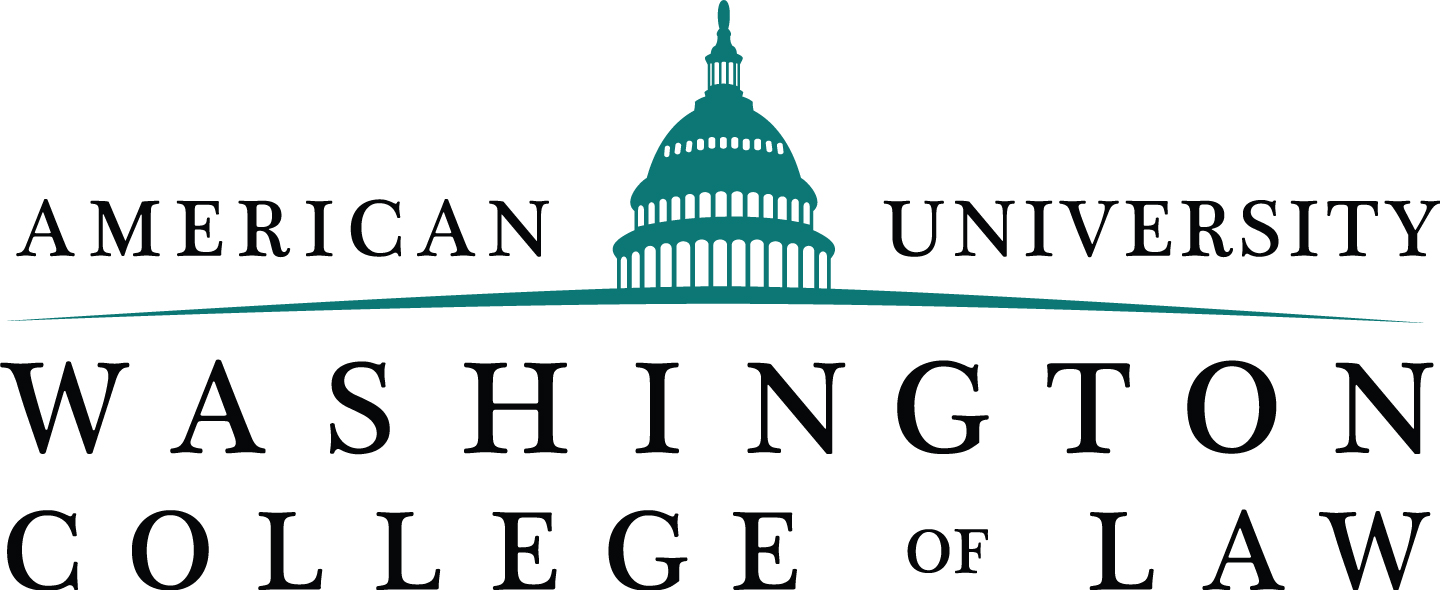What is legal studies?
Legal studies is an interdisciplinary field that explores legal ideas, practices, systems, and their impact on society. A legal studies program may cover critical reasoning, ethical considerations in law, legal research and writing, and case analysis.
Thinking about earning your MLS? Legal studies can benefit individuals interested in:
- Gaining a deeper understanding of law’s influence on society.
- Developing compliance know-how to apply to their careers.
- Learning the ins and outs of the U.S. legal system, including the criminal justice process and economic regulation.
- Developing skills to conduct legal research, analysis, and other law-related tasks to better serve organizations and businesses.
During your program, you may have the opportunity to choose a legal degree specialization, such as corporate litigation, healthcare compliance, or criminal law. Keep in mind that a degree in legal studies does not prepare you to become an attorney.




